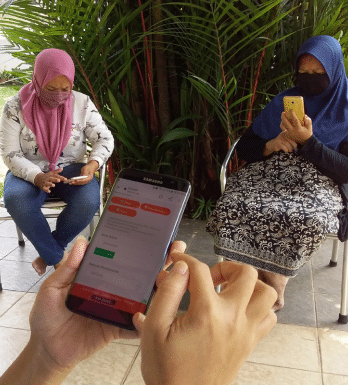With the spread of the Covid-19 pandemic, restrictions were urgently placed on human interaction and movement, including those relating to religious rituals and practices. At the same time, religious organisations played an important role in responding to the global pandemic.
Two recent policy briefs by the Peace Research Institute Oslo (PRIO) seek to examine the response to Covid-19 by Muslim humanitarian organisations in Pakistan and in Indonesia.
The brief “Covid-19 and Muslim Philanthropy in Indonesia: Technological and Theological Innovations” by Amelia Fauzia (Visiting Research fellow, PRIO) and Kaja Borchgrevink (Senior Researcher, PRIO), examine how Muslim philanthropic organisations in Indonesia brought technological and theological innovation, discovered alternative spaces of engagement and promoted new collaborations in their response to the pandemic. Read more and download the full brief here.
Relatedly, the brief “Religion and Covid-19: Islamic Scholars and Muslim Humanitarian Actors in Pakistan” by Borchgrevink, Abdul Rauf (Professor, University of Peshawar) and Ihsan Qadir (Research Assistant) examines the response to Covid-19 by Islamic scholars and Muslim humanitarian organisations in Pakistan. Read more and download the full brief here.
Both briefs form part of the “The Power of Ideas: Muslim Humanitarian Actors and the Sustainable Development Goals” (HUMA) project, led by Borchgrevink at PRIO. The HUMA project sets out to understand how Muslim humanitarian actors relate to, interpret and respond to the Sustainable Development Goals (SDGs).
Both briefs were prepared with seed funding support from the Norwegian Centre for Humanitarian Studies.
